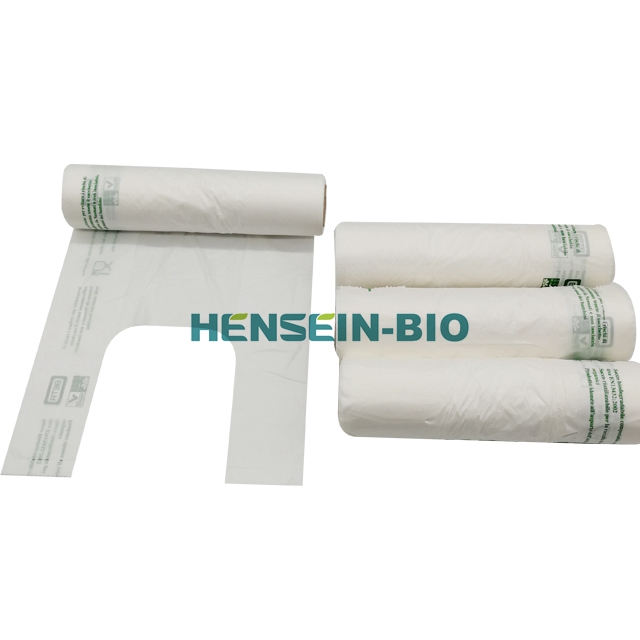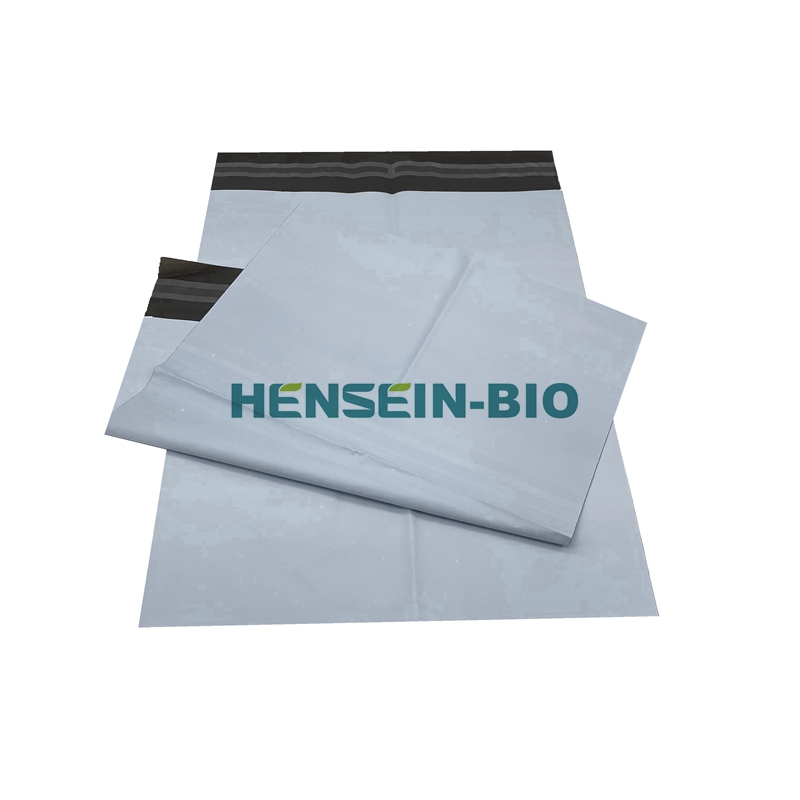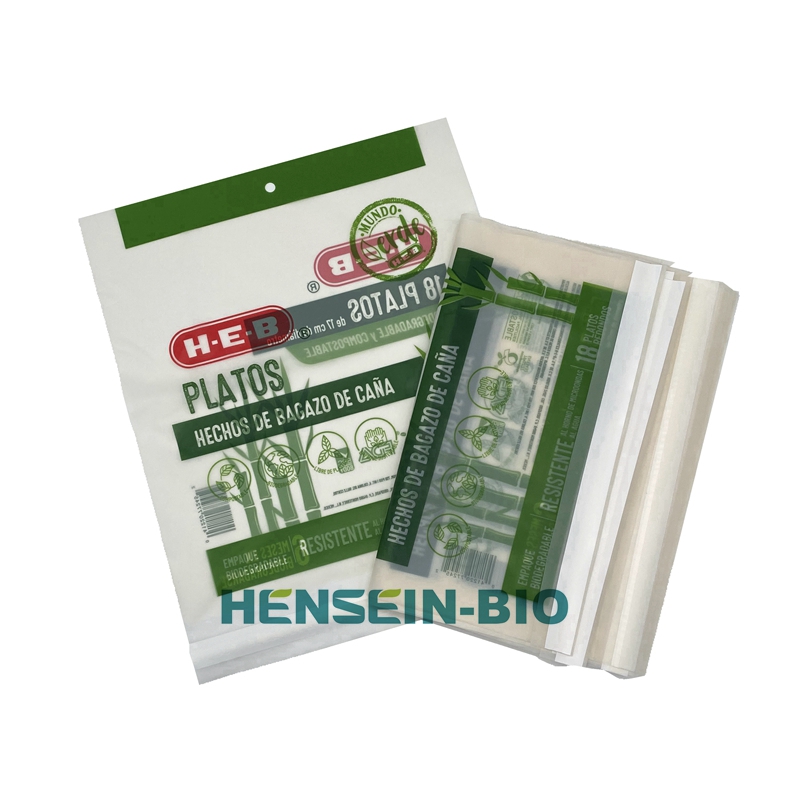
Are your current garbage bags silently increasing your company’s carbon footprint?
Many businesses still rely on traditional plastics that take centuries to degrade and release harmful greenhouse gases during production and disposal. This reliance directly conflicts with corporate sustainability goals and ESG commitments. Studies show that alternatives like PLA-based biodegradable garbage bags can reduce carbon emissions by up to 70% compared to petroleum plastics. Without change, organizations risk regulatory penalties, damaged brand reputation, and lost opportunities in eco-conscious markets. The solution is sourcing biodegradable trash bags from reliable manufacturers and suppliers. Companies like Huizhou Hensein Bio-Environmental Technology Co., Ltd. deliver customizable, certified, and scalable products that help wholesalers and distributors align with international ESG standards while actively reducing carbon emissions.
Switching to biodegradable garbage bags reduces carbon emissions by up to 70%, supports ESG goals, and ensures compliance with global sustainability policies for businesses, wholesalers, and suppliers worldwide.
For businesses pursuing measurable sustainability progress, biodegradable alternatives provide both an environmental benefit and a competitive advantage. Let’s explore how these eco-friendly solutions create meaningful impact and support long-term growth.
Eco-Friendly Trash Bags
Eco-friendly trash bags are designed to replace conventional plastics with sustainable, low-emission alternatives. Unlike petroleum-based bags, these solutions use renewable resources such as PLA, PBAT, or cornstarch. During production, they emit significantly fewer greenhouse gases, contributing to measurable carbon footprint reduction. For example, PLA-based biodegradable garbage bags small offer both convenience and sustainability for households and commercial spaces.
For wholesalers, manufacturers, and suppliers, offering eco-friendly options creates market opportunities across Europe, North America, and Asia, where governments enforce bans on single-use plastics. Additionally, retailers gain consumer trust when they provide biodegradable garbage bags that align with eco-conscious lifestyles. Companies like Hensein-Bio ensure that eco-friendly solutions are also customizable, allowing businesses to design branded products that highlight their commitment to sustainability while maintaining practical quality and durability.
How to identify degradable garbage bags?
Identifying authentic biodegradable trash bags can be challenging in a market where misleading claims are common. Certified products stand apart with clear labels such as EN 13432, ASTM D6400, or BPI certification. These certifications prove that the bags will decompose into water, carbon dioxide, and organic matter without leaving microplastics behind. Unverified products, on the other hand, may simply break into smaller plastic fragments without true degradation.
For B2B buyers, ensuring authenticity is critical to meeting sustainability targets and avoiding reputational risks. Trusted suppliers and manufacturers provide documentation and transparent labeling, making it easier for distributors and wholesalers to communicate product benefits. Hensein-Bio emphasizes certification in every batch, ensuring global buyers can confidently source biodegradable garbage bags that pass both regulatory checks and consumer expectations. With customizable options, companies can showcase certifications directly on packaging, strengthening trust with environmentally conscious markets.
Why are compostable carry bags important for our nature?
Compostable carry bags play a vital role in protecting ecosystems and reducing carbon emissions. Unlike traditional plastics, they decompose into nutrient-rich compost that enriches soil health. This not only reduces landfill waste but also lowers methane emissions—a major contributor to climate change. By replacing conventional plastic with certified biodegradable garbage bags, companies can significantly reduce their environmental impact.
From an ESG perspective, adopting compostable solutions demonstrates corporate accountability and aligns with sustainability reporting requirements. Consumers, especially in Europe and North America, increasingly prefer eco-conscious brands, pressuring wholesalers, suppliers, and retailers to adapt. Manufacturers like Hensein-Bio lead this transition by producing customizable biodegradable garbage bags in different sizes, from small household bags to large commercial options. This flexibility allows businesses to cater to diverse needs while advancing environmental stewardship. Ultimately, compostable carry bags embody a practical solution to global waste challenges while meeting consumer demand for greener products.
Adopting biodegradable garbage bags reduces carbon footprints, supports ESG commitments, and strengthens brand trust. For global buyers, certified and customizable solutions are essential to achieving sustainability goals and staying competitive in eco-conscious markets.


